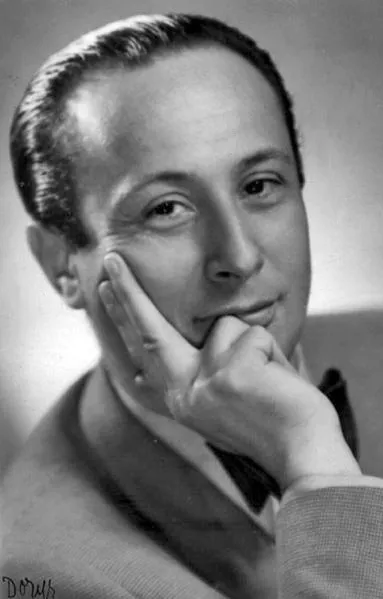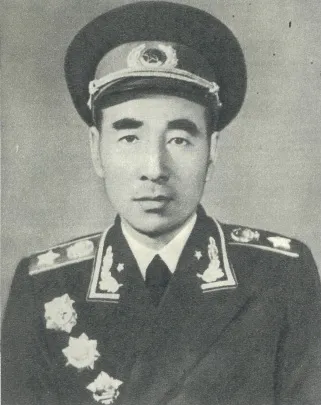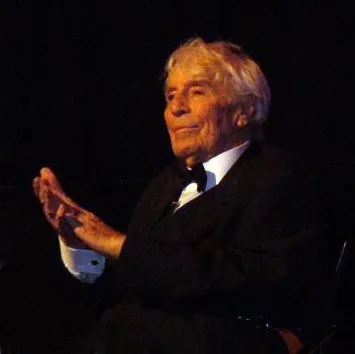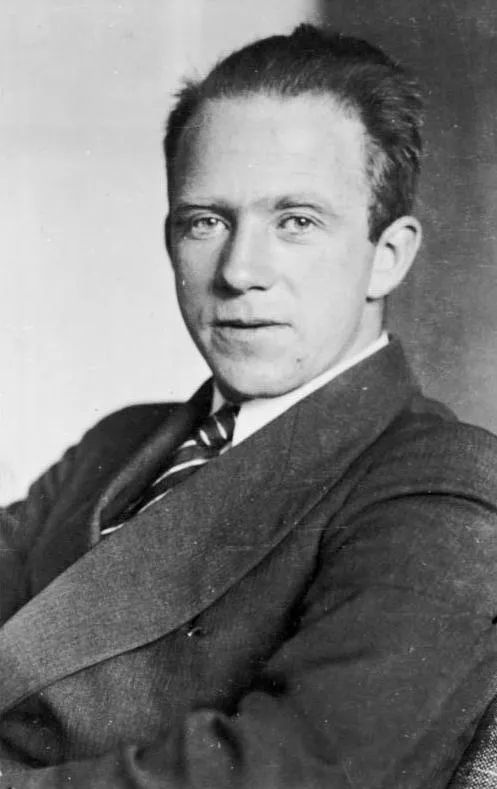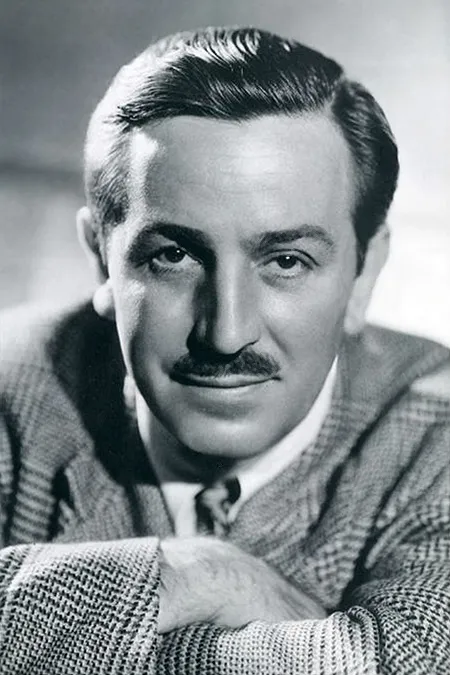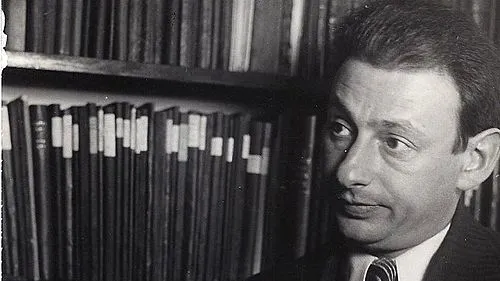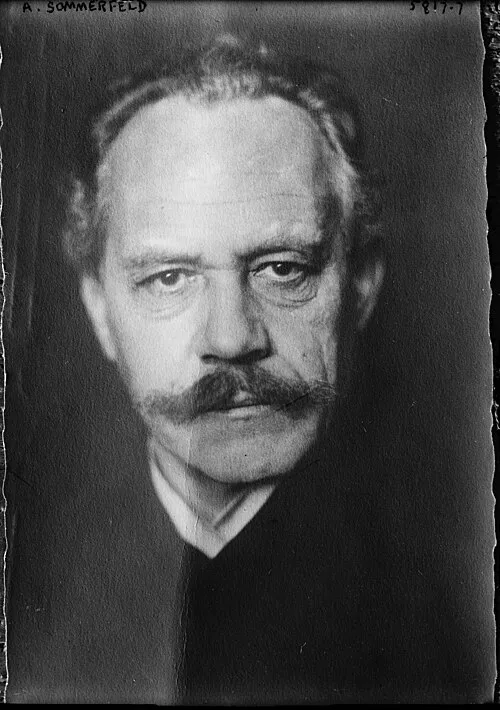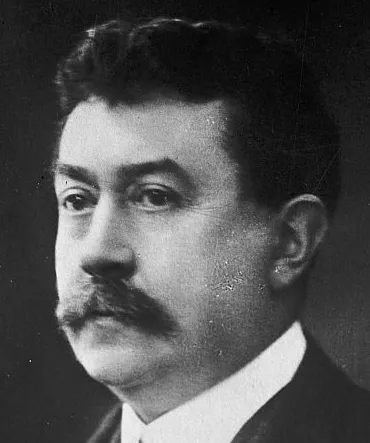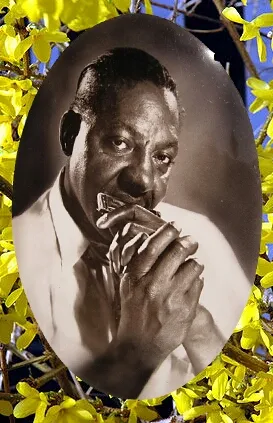
Full Name: Sonny Boy Williamson II
Birth Year: 1912
Death Year: 1965
Nationality: American
Profession: Singer-songwriter and harmonica player
1912 – Sonny Boy Williamson II, American singer-songwriter and harmonica player (d. 1965)
In the vibrant tapestry of American music, few figures stand out quite like Sonny Boy Williamson II. Born in 1912, his life journey was not merely about crafting melodies but weaving a profound narrative that echoed through the Mississippi Delta and beyond. His story begins in the small town of Glendora, Mississippi a place steeped in blues tradition, where the haunting sounds of harmonicas and guitars blended with tales of hardship and hope. Here, amidst cotton fields and dusty roads, young Alex found himself drawn to music at an early age.
As a teenager, he was captivated by the sounds emanating from local juke joints. However, unlike many of his peers who pursued traditional livelihoods on farms or factories, Sonny Boy embraced a different path music became both an escape and a calling. Ironically, it was during this formative period that he adopted the stage name 'Sonny Boy Williamson,' inspired by an earlier bluesman whose fame had reached far beyond their shared roots.
By 1937, Sonny Boy’s talent had begun to gain recognition. He recorded his first tracks for Bluebird Records a pivotal moment that marked his entrance into the broader music scene. These early recordings showcased not just his prowess on the harmonica but also a voice steeped in emotion; one could hear pain and passion intertwined within every note he played. Perhaps it was this authenticity that drew listeners to him: people were seeking connection through music at a time when America was grappling with economic despair.
However, life for Sonny Boy wasn’t merely about accolades or chart success his journey came with its fair share of tumultuous moments. In 1941, after relocating to Chicago a city pulsing with cultural vibrancy he faced fierce competition from other musicians eager to carve out their own niches in the bustling urban landscape. The post-war years saw an explosion of blues styles emerging from Chicago's clubs; yet despite these challenges, Sonny Boy’s unique blend of Mississippi delta blues mixed with urban influences set him apart.
It was during these years in Chicago that he recorded some of his most influential works including 'Eyesight to the Blind' and 'Don't Start Me Talkin' tracks that would become cornerstones for later generations of musicians across genres from rock to rhythm & blues! Who knows how many artists have been inspired by those emotive riffs? His ability to transform personal experiences into relatable songs resonated deeply with audiences the mark of true artistry!
The irony is not lost on those familiar with Williamson’s career trajectory: despite being recognized as one of America's greatest harmonica players and influencing countless contemporaries like Muddy Waters and Howlin’ Wolf Williamson often found himself navigating through financial instability throughout much of his life! Despite achieving fame among peers while performing regularly at iconic venues such as The Blue Note Lounge or The Club DeLisa… there were times when money ran thin.
This paradox becomes even more evident as we delve into Williamson's complicated relationship with fame itself; although he achieved considerable success during live performances across various venues including prestigious festivals such as Newport Folk Festival... there remained an underlying tension between art vs commerce! Arguably one could speculate: did this tension fuel creativity or stifle it?
The mid-1950s brought significant changes not only culturally but personally for Williamson too… He began experiencing health issues linked back partly due overexertion whilst touring extensively which ultimately affected his output significantly compared previous years where he'd churn out new material rapidly! Sadly enough however he pushed through undeterred believing wholeheartedly ‘the show must go on.’ And so it did...
It is perhaps fitting then that just three short years before passing away in 1965 , Williamson recorded what would become some final studio sessions featuring collaborations alongside fellow artists such as Eric Clapton & John Lee Hooker! These tracks served both nostalgic reminders yet forward-looking possibilities hinting toward evolving directions within popular music genres altogether!
Even today though with advancements technologies allowing fans access vast archives containing countless recordings we still find ourselves continually drawn towards those soulful melodies crafted during peak periods throughout history reflecting timeless struggles faced daily; thus cementing legacy firmly rooted underground while breaking barriers above ground too!
If anything stands testament unto true artistic nature embodying spirit inherent within creation itself it has been said “music speaks where words fail.” And therein lies essence captured beautifully forevermore via recordings made available far beyond localized settings allowing future generations appreciate richness embedded past influences shaping contemporary landscapes prevailing today...
Looking back now reflecting upon his impact across time it’s interesting considering how much influence remains alive influencing modern sensibilities today! For instance contemporary artists draw parallels invoking similar themes captured poignantly within works originating earlier decades gone-by.”
This legacy continues flourishing even amongst younger demographics utilizing social platforms sharing snippets revealing hidden gems long forgotten otherwise... Seemingly indicating full circle effect connecting us all together bridging gaps present bygone eras...”
Early Life and Musical Beginnings
Sonny Boy Williamson II was born into a poor family, and his early life was undoubtedly marked by hardships. Little is known about his childhood, but he was exposed to music at an early age, particularly the sounds of the blues that emerged from the Mississippi Delta. He developed a love for the harmonica, as well as for songwriting, and was inspired by various blues musicians of the era.
Rise to Fame
Williamson's career took off in the late 1930s when he began recording for the first time. In 1937, he recorded his first songs, which included popular tracks like "Good Morning, Schoolgirl" that would later be covered by numerous artists. His unique style combined elements of traditional Delta blues with a distinctive, polished harmonica sound that set him apart from his contemporaries.
Sonny Boy Williamson II's performances were not limited to recording; he also toured extensively. His travels led him to Chicago, a city that would greatly influence his style. In the vibrant music scene of Chicago, he blended his Delta roots with urban blues and rhythm and blues, expanding his audience.
Legacy and Influences
Williamson was not only a talented musician but also a charismatic performer. His stage presence, along with his ability to connect with audiences, propelled him to greater heights. Throughout his career, he collaborated with renowned musicians, including Muddy Waters and Howlin’ Wolf, which further solidified his status in the Chicago blues scene.
Sonny Boy Williamson II's legacy is profound. He influenced countless artists across various genres, including rock and roll, leading musicians like Eric Clapton and the Rolling Stones to cite him as a significant inspiration. His recordings, characterized by his expressive vocal style and innovative harmonica playing, remain pivotal in blues history.
Death and Recognition
Tragically, Williamson's life was cut short when he was murdered on May 25, 1965, in Itta Bena, Mississippi. His untimely death shocked the music community and left a void in the world of blues. Despite his passing, Sonny Boy Williamson II's music continues to resonate with fans and musicians alike.
In recognition of his influence and artistry, Williamson was inducted into the Blues Hall of Fame in 1980. His recordings continue to be celebrated, and his style of harmonica playing is studied by aspiring musicians around the world.


